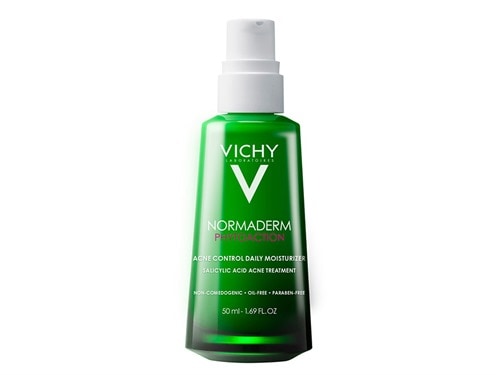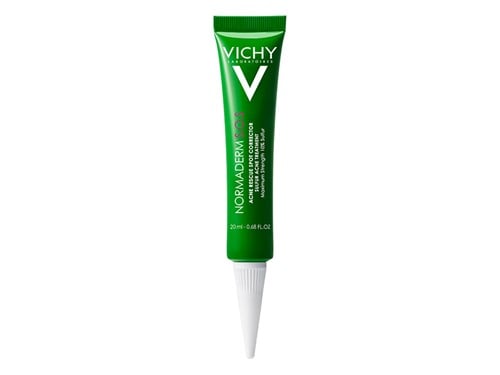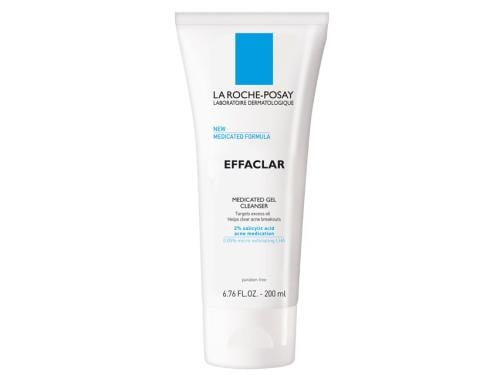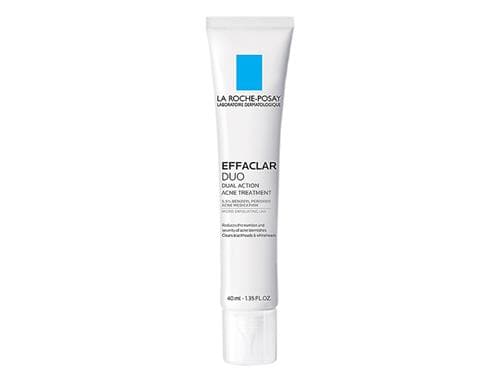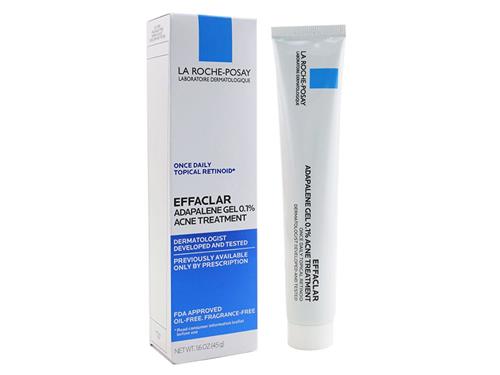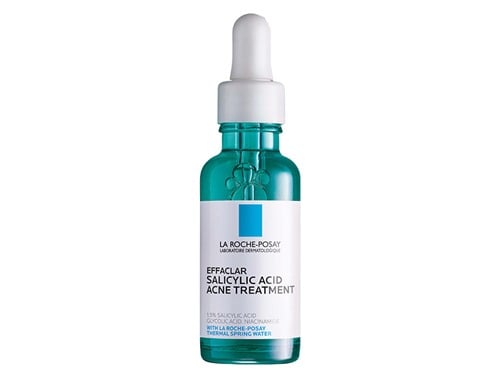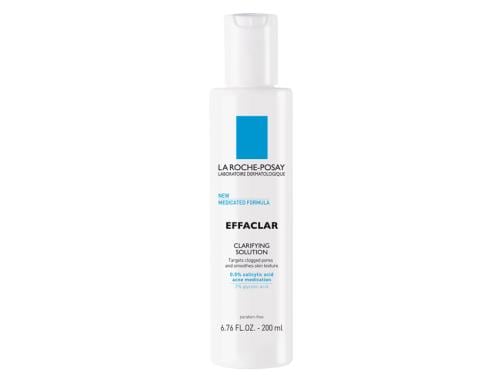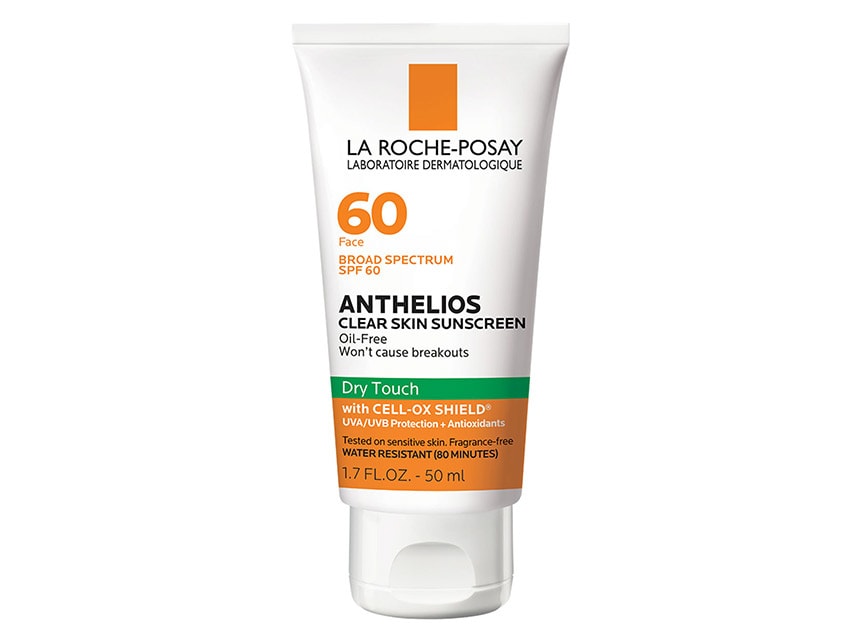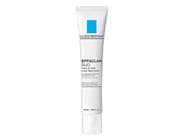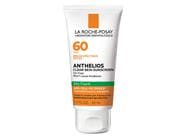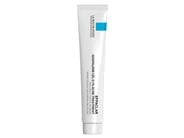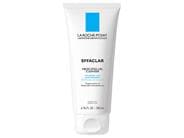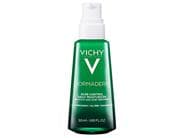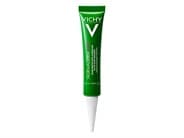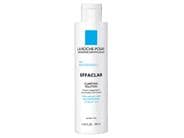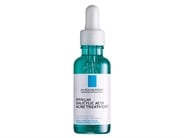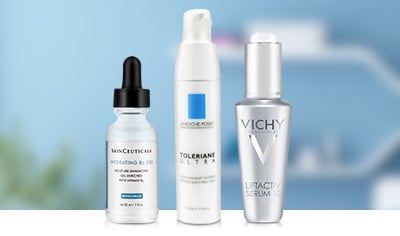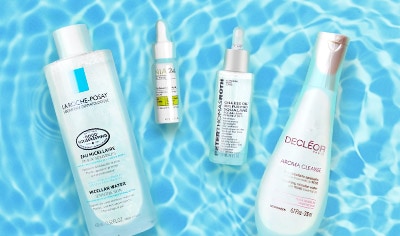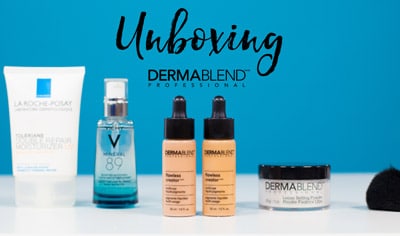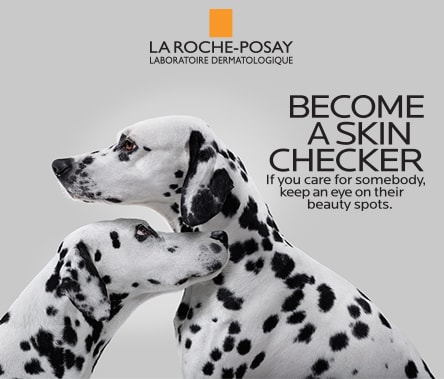Everything you need to know about acne
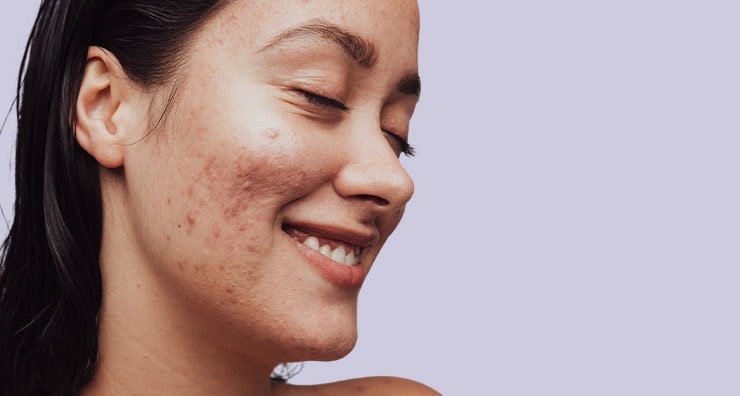
The experts from Vichy and La Roche-Posay are here to talk about the causes of acne.
More than fifty million American adolescents and adults experience acne each year, making it the most common chronic skin condition in the country. According to the American Academy of Dermatology, approximately 85 percent of people between the ages of twelve and 24 experience at least minor acne. Furthermore, approximately 15 percent of adult women struggle with acne, so if you are struggling with breakouts, you’re definitely not alone. Before you can start to improve your breakouts with a proven skin care regimen, it’s important to understand the root causes of acne. That’s why we’re answering some frequently questions about acne, including:
What causes acne?
Experts have identified several underlying causes of acne. Among them are genetics as well as hormonal fluctuations associated with puberty, pregnancy, menstrual cycles, perimenopause and menopause. Stress, pore-clogging cosmetics and medications such as oral contraceptives can contribute to acne flare-ups as well. External factors such as UV rays and pollution can also play a role in acne development by generating free radicals that promote a process called oxidation that can lead to breakouts, according to the British Journal of Dermatology. Despite the wide array of potential triggers that can contribute to breakouts, the acne cycle generally involves a specific chain of events. First, excess oil (due to genetics or hormones) and dead surface cells clog the pores. From there, C. acnes bacteria thrive within clogged pores and lead to the inflammation associated with acne.
The different types of acne
There are several types of acne, and it’s possible to experience one or more depending on your unique skin. Acne can range from whiteheads and blackheads to deeper, more painful lesions, and it’s important to understand what kind of blemishes you’re dealing with in order to treat them accordingly.
Non-inflammatory acne: This type of acne includes blackheads and/or whiteheads that are caused by clogged pores. Blackheads are open comedones, and their dark appearance is the result of oxidation that occurs when sebum and dead skin cells within the pore are exposed to the air and other environmental factors. Whiteheads are closed comedones that lead to white or yellow bumps that are trapped beneath the uppermost layers of skin.
Non-inflammatory acne generally does not cause redness or tenderness around the lesions. However, if you have a hard time getting these blemishes under control with an over-the-counter skincare regimen, a dermatologist can recommend the ideal skincare routine that helps reduce excess oil, dead skin cells and C. acnes bacteria.
Inflammatory acne: This type of acne includes red or tender blemishes that may (or may not) have a white center and tend to reside deeper in the skin. The specific types of inflammatory acne include: • Papules: Red or pink bumps under the skin’s surface • Pustules: Large, tender bumps with a defined pus-filled center • Nodules: Large, inflamed bumps beneath the skin that are tender to the touch • Cysts: Large, pus-filled lesions that resemble boils
Nodules and cysts are considered to be the most severe forms of acne, and they are more likely to lead to long-term scarring. If you struggle with these types of blemishes, you should consult a dermatologist who can recommend the ideal treatment approach—which often includes prescription-based antibiotics and other topical treatments.
What skin care products can I use for acne-prone skin?
The key for successful acne treatment is addressing all of the factors that contribute to breakouts. An effective skin care regimen should include a specially formulated cleanser, moisturizer and acne treatment that work together to target excess oil, dead skin cells and C. acnes bacteria. Here are few suggestions from Vichy and La Roche-Posay:
Vichy Normaderm PhytoAction Acne Control Daily Moisturizer
This daily hydrating lotion is formulated with maximum-strength 2% salicylic acid to clear blackheads and active blemishes while visibly reducing enlarged pores. To help revive your skin’s natural glow, it also contains pure hyaluronic acid, vitamin C and mineral-rich Vichy Volcanic Water to soothe, refine surface texture and enhance radiance.
Vichy Normaderm S.O.S. Acne Spot Corrector
This targeted blemish treatment contains maximum-strength 10% sulfur along with glycolic acid and niacinamide to reduce the size and severity of active breakouts while helping to prevent new ones from forming. This gentle formula helps clear acne faster to get your skin back to normal.
La Roche-Posay Effaclar Medicated Gel Cleanser
Designed to eliminate excess oil and clear active acne breakouts with 2% salicylic acid and lipo-hydroxy acid, this daily cleanser promotes the skin’s natural exfoliation while helping to keep the pores free of clogging debris.
La Roche-Posay Effaclar Duo Acne Treatment
Featuring a potent blend of micronized benzoyl peroxide to minimize C. acnes bacteria plus lipo-hydroxy acid to prevent the build-up of dead skin cells, this powerful spot treatment provides visible breakout improvement in less than three days.
La Roche-Posay Effaclar Adapalene Gel
As the first prescription-strength topical retinoid for acne available without a prescription, this once-daily acne treatment helps clear and prevent clogged pores, blackheads, whiteheads and acne blemishes.
La Roche-Posay Effaclar Salicylic Acid Acne Treatment Serum
This lightweight serum clears acne blemishes and helps prevent new breakouts as it visibly reduces the look of pores, fine lines and post-acne marks. This serum includes Triple Acid Complex, a blend of 1.5% salicylic acid, glycolic acid and micro-exfoliating lipo-hydroxy acid for optimal efficacy.
La Roche-Posay Effaclar Clarifying Solution
This exfoliating toner for acne-prone skin is formulated with salicylic and glycolic acids to remove excess oil and dead skin cells, help prevent clogged pores and smooth skin texture.
La Roche-Posay Anthelios Clear Skin SPF 60
An oil-free, non-comedogenic, daily sunscreen that provides acne-prone skin with advanced broad-spectrum UVA/UVB protection and antioxidants while absorbing pore-clogging oil and leaving skin with a matte finish.
Are you struggling with discoloration? Learn how to improve dark spots in 5 easy steps.
Shop this blog

About the Author
Paige Herman-Axel, L’Oreal Dermatological Beauty, is the brain behind the beauty blog InsiderBeautyBuzz and the innovative self-tan remover, Bronze Buffer. She has more than two decades of experience writing about beauty and skin care. The former editor of NewBeauty magazine, Paige is now a freelance writer and consultant for various publications and websites, skin care companies big and small, as well as internationally renowned dermatologists and plastic surgeons. In the rare time spent away from her computer, Paige can be found tending to her garden, chauffeuring her 14-year-old son or playing fetch with her Havanese, Nugget.
Other Posts by Paige Herman-Axel, L'Oreal Dermatological BeautyHow to find your perfect lipstick color
What is the best alpha hydroxy acid (AHA...
Follow us on social
Follow us on social networks and be one of the first to learn about sales, giveaways, and free samples

